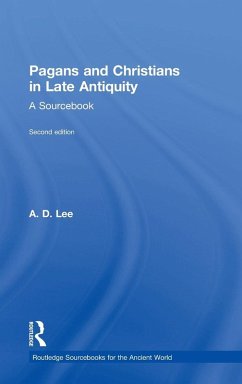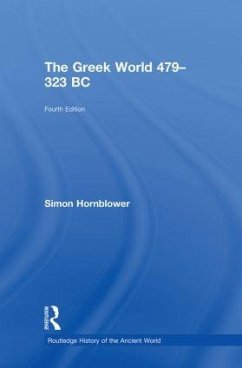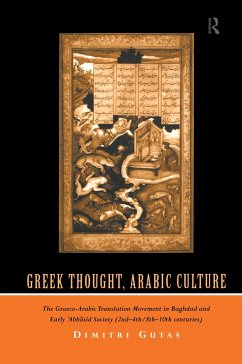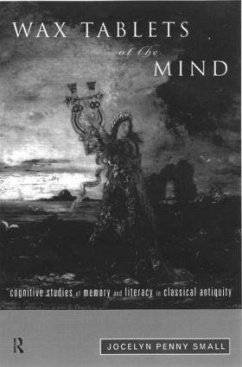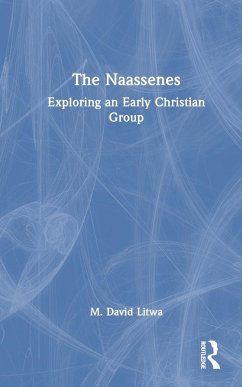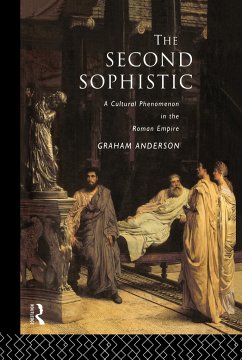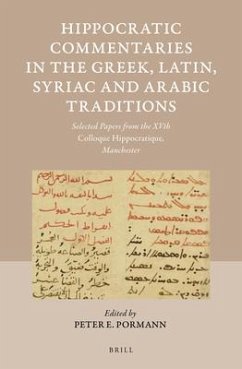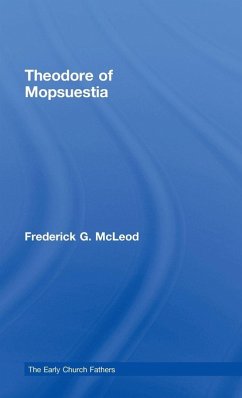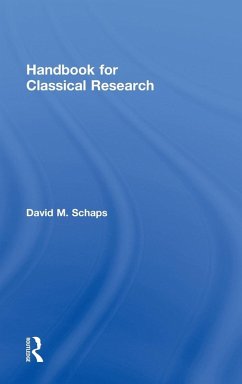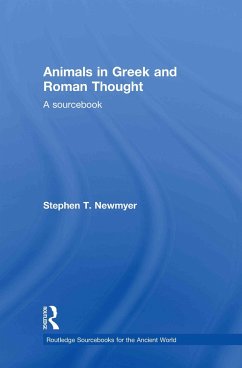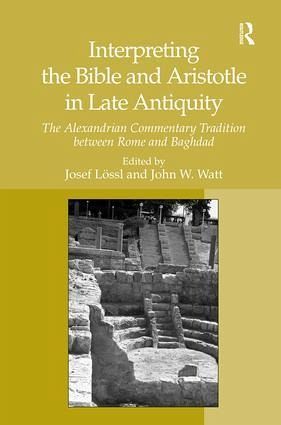
Interpreting the Bible and Aristotle in Late Antiquity
The Alexandrian Commentary Tradition between Rome and Baghdad
Herausgeber: Watt, John W.
Versandkostenfrei!
Versandfertig in 1-2 Wochen
177,99 €
inkl. MwSt.
Weitere Ausgaben:

PAYBACK Punkte
89 °P sammeln!
This book brings together sixteen studies by international scholars on the origins and early development of the Latin and Syriac biblical and philosophical commentary traditions. With its breadth and ground-breaking originality, this volume is an indispensable resource not only for specialists, but also for all students and scholars interested in late-antique intellectual history, especially the practice of teaching and studying philosophy, the philosophical exegesis of the Bible, and the role of commentary in the post-Hellenistic world as far as the classical renaissance in Islam.





